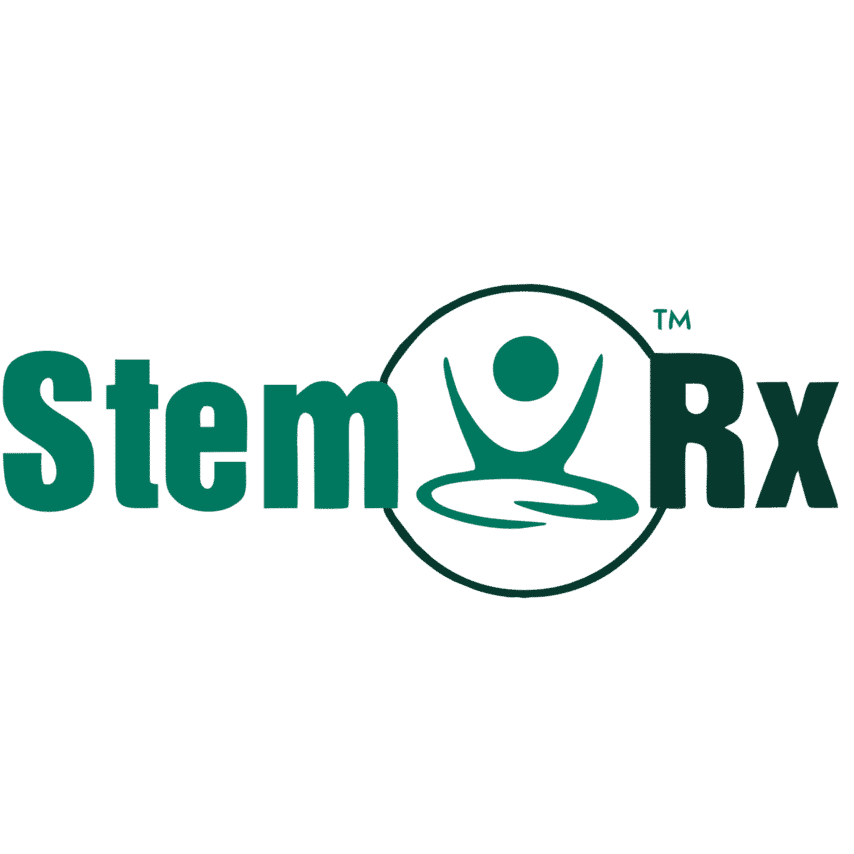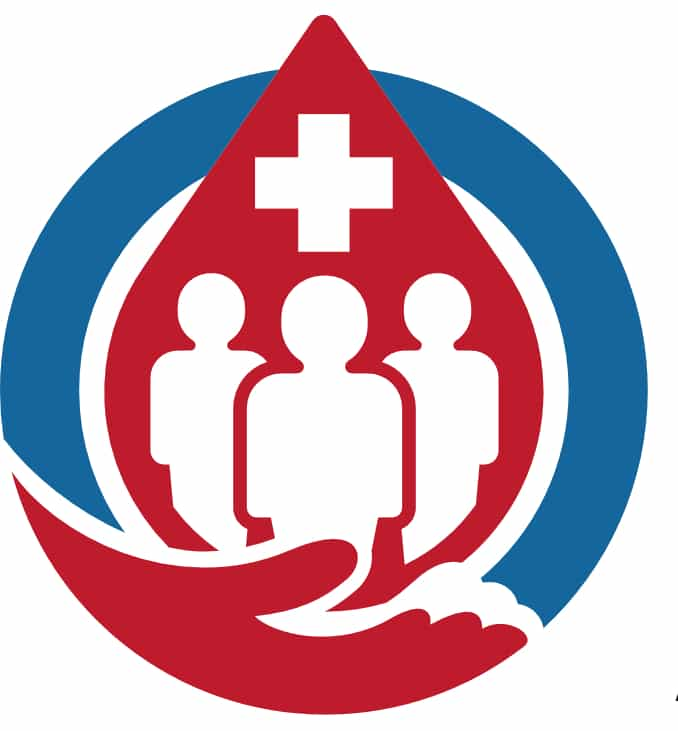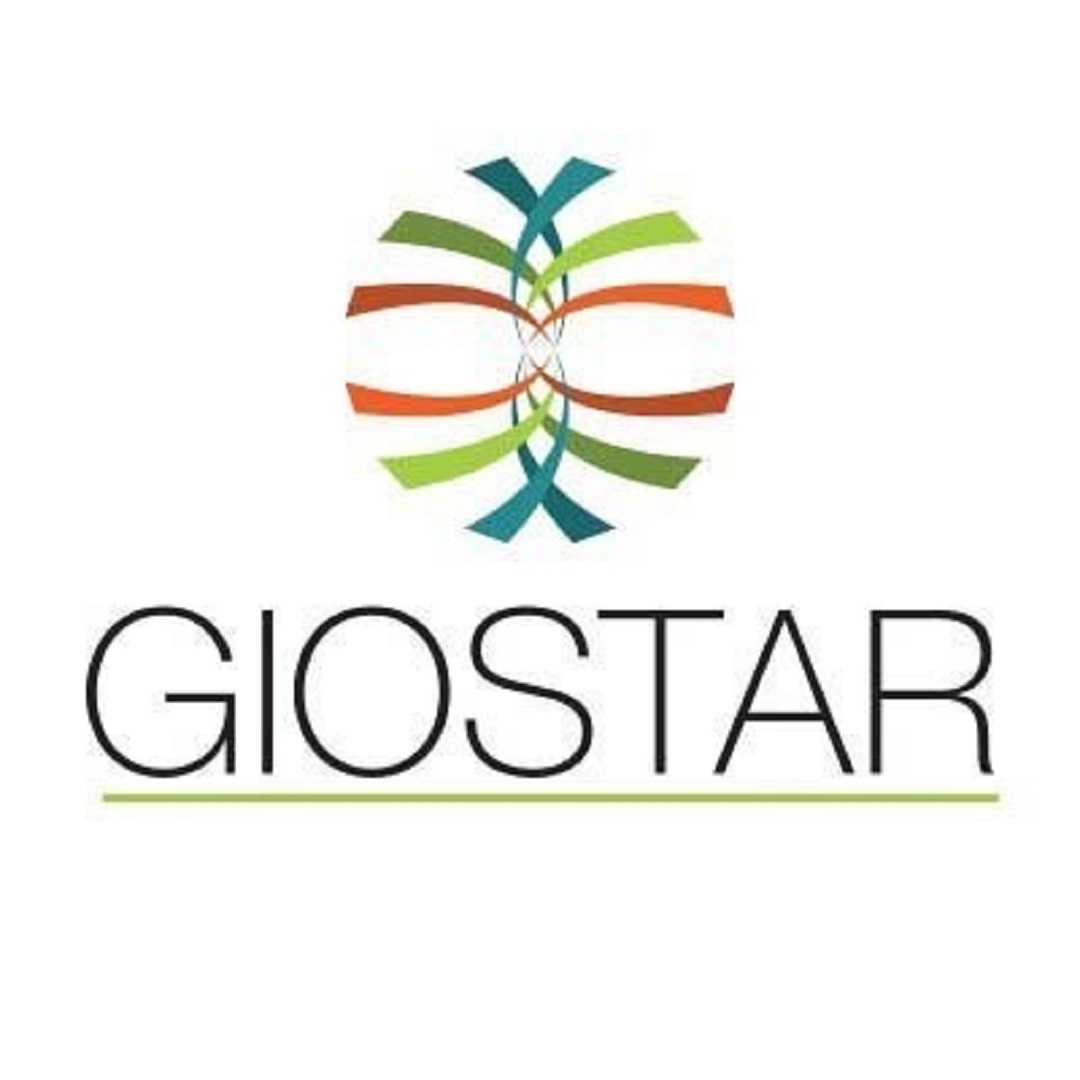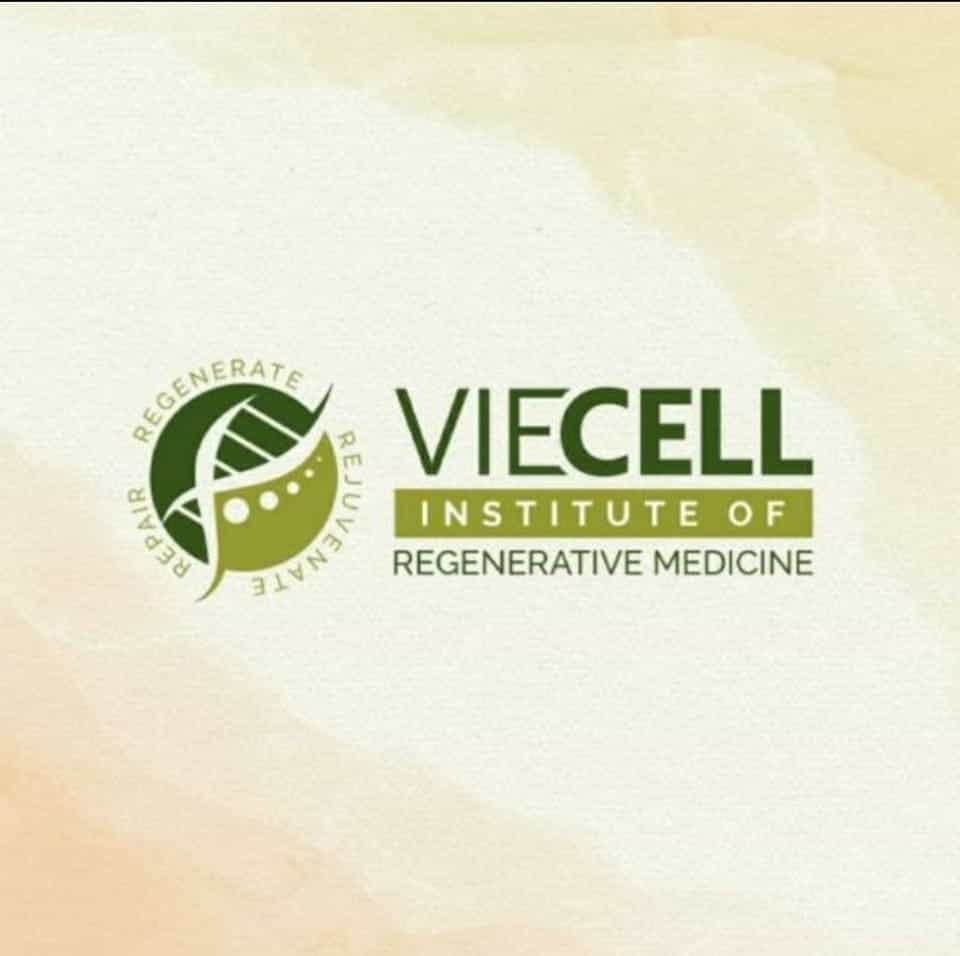India's Stem Cell Therapy Breakthroughs: Regenerative Medicine

Regenerative medicine is revolutionizing the way we approach the healing of tissues and organs. At its forefront, stem cell therapy has shown immense potential in treating a variety of diseases, from chronic conditions to genetic disorders. India, with its vast population and burgeoning medical research community, is playing a pivotal role in this transformative field. In this blog post, we'll explore the latest breakthroughs in stem cell therapy across India, highlighting how these advancements are not just shaping the future of medicine within its borders but also setting global benchmarks.
Understanding Stem Cell Therapy
Before diving into the advancements, let's briefly understand what stem cell therapy entails. Stem cells are the body's raw materials from which all other cells with specialized functions are generated. Under the right conditions, these cells can be divided to form more cells called daughter cells. These daughter cells either become new stem cells (self-renewal) or specialized cells (differentiation) with a more specific function, such as blood, brain, heart muscle, or bone cells. The promise of stem cell therapy lies in its potential to regenerate damaged tissues and organs, offering hope for diseases that currently have no cure.
India's Leap into Regenerative Medicine
India's journey into regenerative medicine and stem cell research has been marked by significant investment in biotechnology and a regulatory framework conducive to research and development. The Indian government, through initiatives like the Department of Biotechnology (DBT) and the Indian Council of Medical Research (ICMR), has been instrumental in promoting stem cell research, ensuring ethical guidelines are met while fostering an environment for innovation.
Breakthroughs and Innovations
Recent years have seen remarkable breakthroughs in stem cell therapy within India, spanning across various medical fields:
- Cardiology: Indian researchers have made strides in using stem cell therapy for heart regeneration. Clinical trials have shown promising results in improving cardiac function post-heart attack by regenerating damaged heart tissue.
- Neurology: Stem cell therapy is being explored for conditions such as Parkinson's disease, Alzheimer's, and spinal cord injuries. Indian neuroscientists have reported successful transplantation of stem cells in patients with spinal cord injuries, leading to significant improvements in their motor functions.
- Diabetes: India, with a high prevalence of diabetes, has seen pioneering work in stem cell therapy aimed at insulin production. Researchers have been able to differentiate stem cells into insulin-producing cells, offering a potential cure for diabetes types 1 and 2.
- Orthopedics: The use of stem cells in treating osteoarthritis and other bone-related conditions has shown efficacy in reducing pain and improving mobility, with several Indian hospitals now offering stem cell therapy for orthopedic conditions.
Challenges and Ethical Considerations
Despite the optimism, stem cell therapy in India faces several challenges. Regulatory hurdles, ethical concerns over the source of stem cells, and the need for extensive clinical trials to ensure safety and efficacy are significant. Moreover, the high cost of therapy and accessibility remain issues that need addressing to make these treatments available to a broader population.
Top Clinics for Stem Cell Treatment in India
- Stemrx Bioscience Solutions Pvt. Ltd
- Dr. Pravin Patel Innovative Hospital & Research Center
- GIOSTAR Hospital
- AUM Hospital
Collaborations and Global Impact
Indian research institutions and hospitals have not only been working in isolation but also collaborating with international bodies to advance stem cell research. These collaborations have led to shared knowledge, improved research methodologies, and accelerated the pace of discoveries, positioning India as a key player in the global regenerative medicine arena.
Looking Forward
The future of regenerative medicine in India looks promising, with ongoing research pushing the boundaries of what's possible with stem cell therapy. As technology advances and more clinical trials are conducted, we can expect to see more widespread use of these therapies, not just in India but globally. However, it is crucial to continue addressing the ethical, regulatory, and accessibility issues to ensure that the benefits of stem cell therapy can be realized by all segments of the population.
Get Regenerative Medicine Treatment in India
The advancements in stem cell therapy across India are a beacon of hope for patients worldwide. With its blend of traditional knowledge and cutting-edge research, India is uniquely positioned to lead the charge in the regenerative medicine revolution, bringing us closer to a future where the regeneration of damaged tissues and organs is not just a possibility but a reality.


.png)





.png)
.jpg)
.jpg)






Share this listing